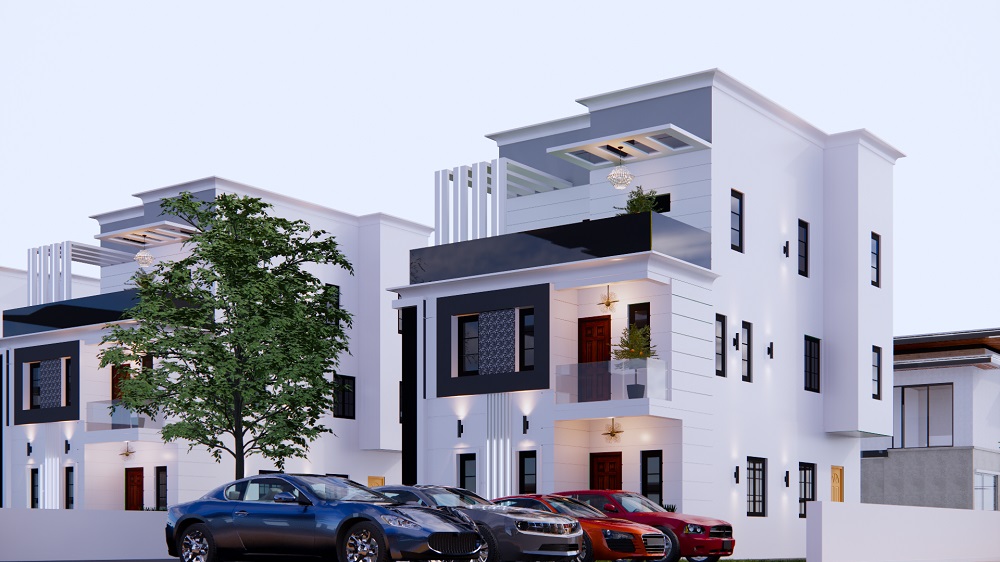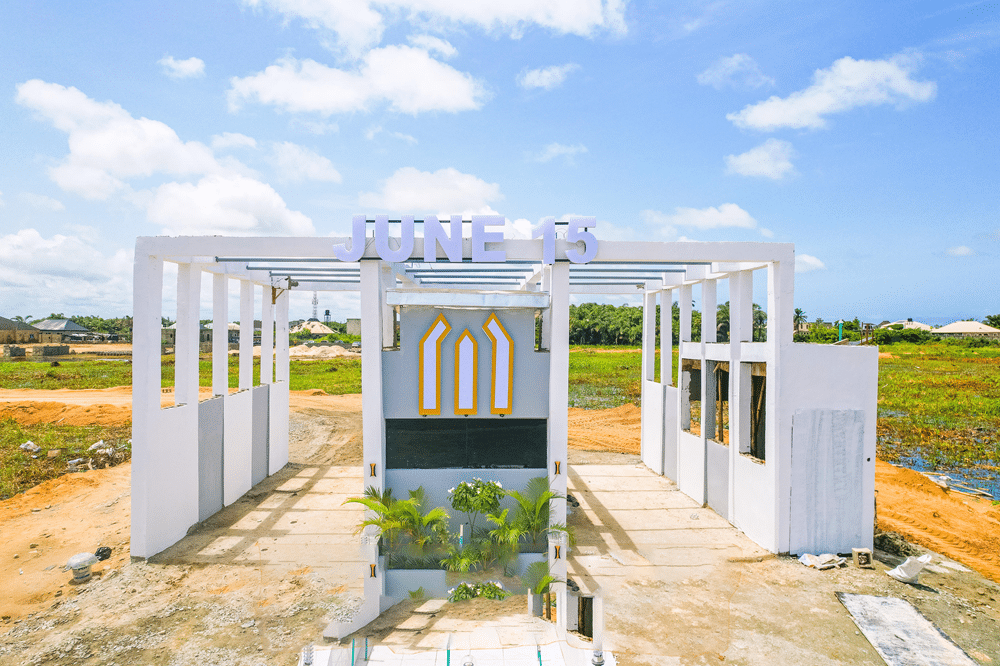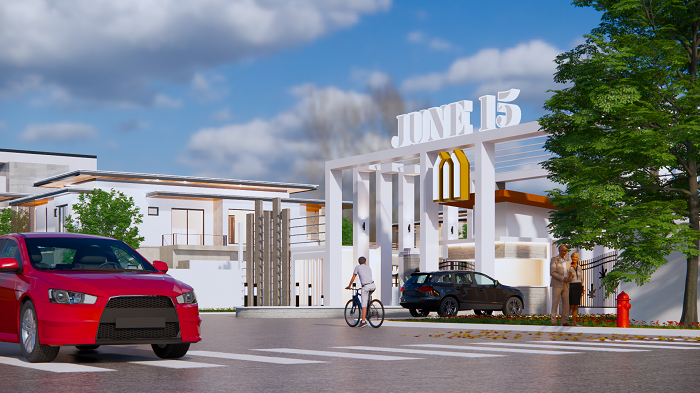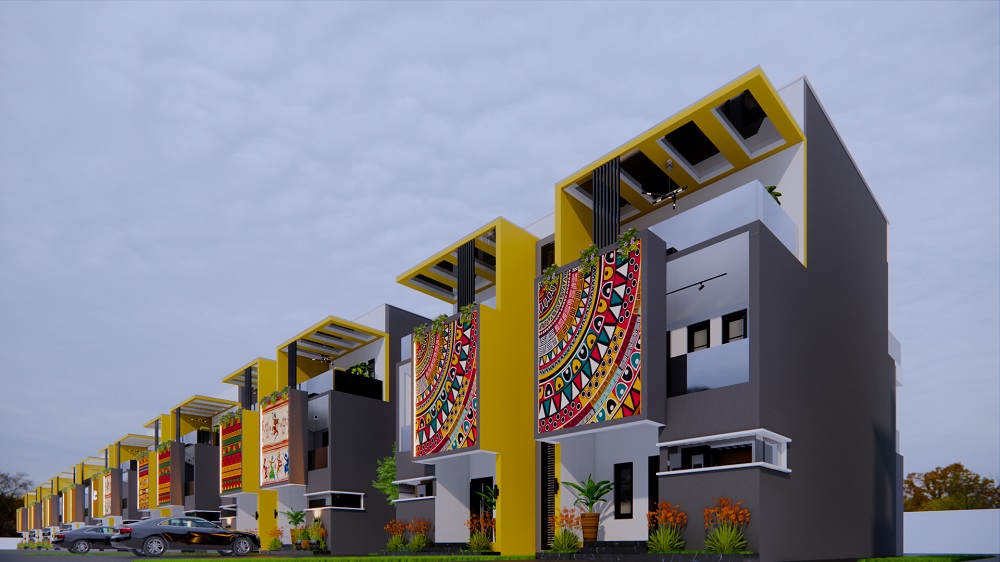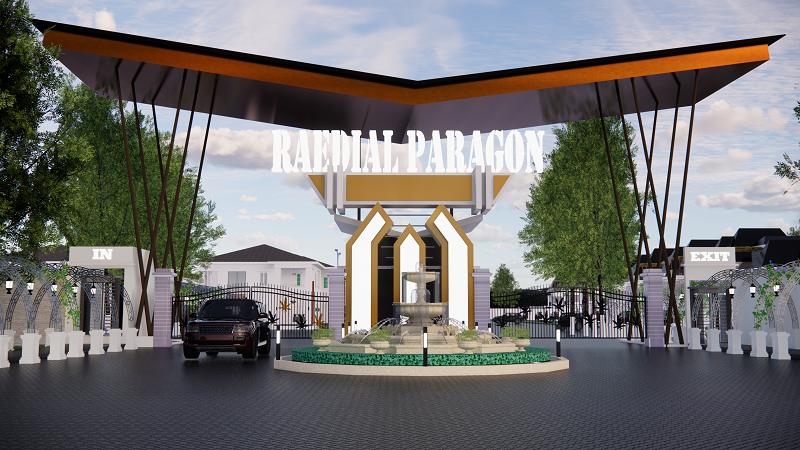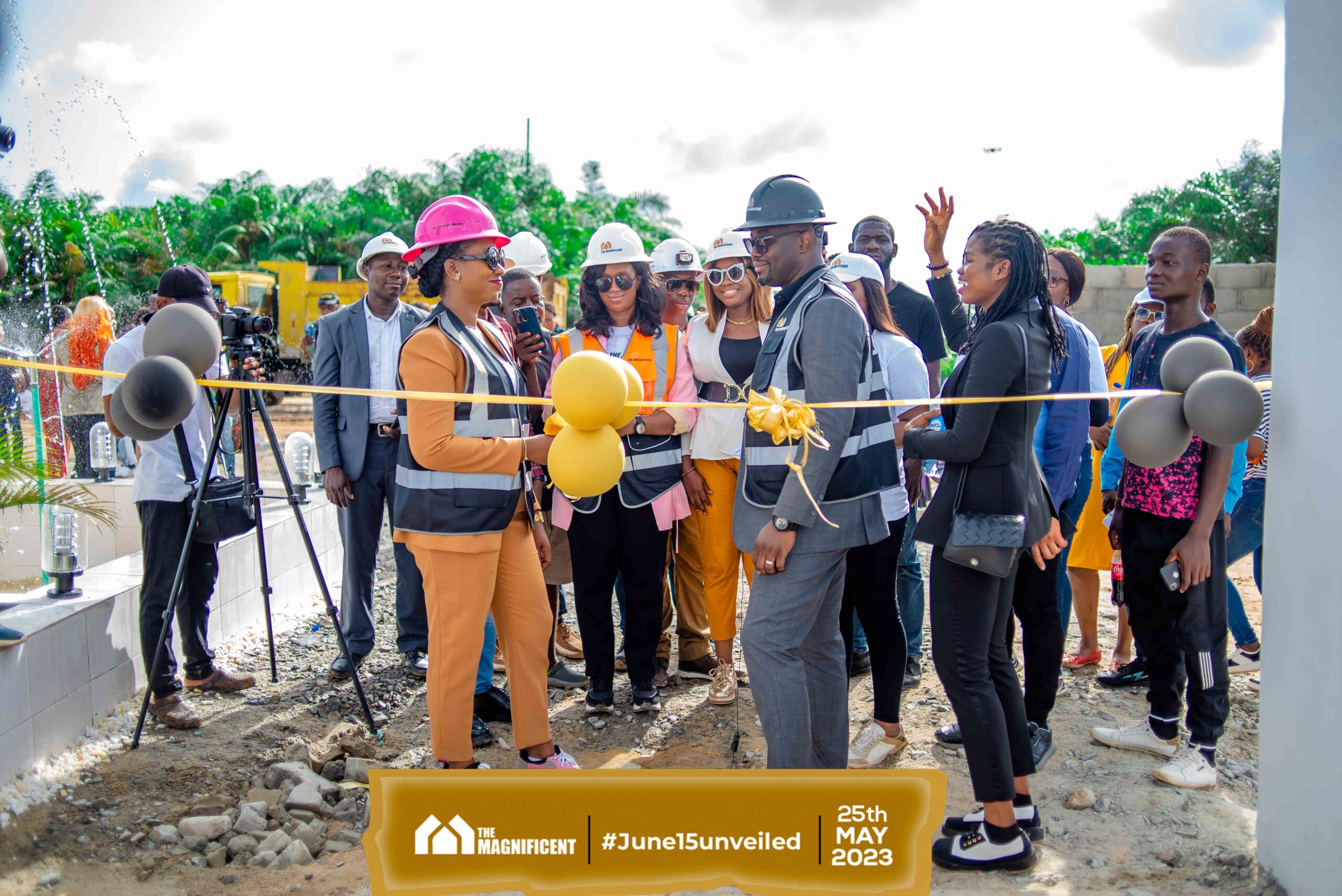The Rise of Co-living Spaces: Exploring the Trend of Urban Living in Nigeria
Over the past few years, there has been a noticeable shift in the way Nigerians in urban areas prefer to live. The traditional idea of having one’s own standalone apartment or house has evolved into a more flexible and community-oriented lifestyle, marked by the increase in co-living spaces. In this blog post, we explore the trend of co-living spaces and why they have become increasingly popular in Nigerian cities.
As we embrace the communal spirit of co-living, it recalls the words of Helen Keller:
“Alone, we can do so little; together, we can do so much.”
The Co-living Concept
Co-living spaces are modern living arrangements where individuals rent fully furnished rooms or apartments within a shared facility. These spaces promote community, flexibility, and convenience, often offering amenities such as communal kitchens, living areas, and social events.
Why Co-living Spaces Are Gaining Popularity in Nigeria
Affordability
One of the primary reasons co-living has gained traction in Nigeria is affordability. As urbanization continues to drive up rent prices, co-living offers a more cost-effective solution for individuals looking to live in urban centers. By sharing common spaces and utilities, residents can split the costs, making urban living more accessible.
Flexibility
Co-living spaces are flexible in terms of lease agreements and durations. In a country with a transient workforce and individuals seeking temporary housing solutions, co-living provides an attractive alternative to long-term rental commitments. This flexibility is especially appealing to students, young professionals, and digital nomads.
Community Building
In a fast-paced and bustling urban environment like Nigeria’s major cities, finding a sense of community can be challenging. Co-living spaces foster a strong sense of belonging by encouraging residents to interact, collaborate, and participate in communal activities. This leads to the creation of meaningful social connections, which are often lacking in traditional living situations.
Amenities and Convenience
Co-living spaces typically come equipped with a range of amenities such as high-speed internet, housekeeping services, fitness facilities, and organized social events. This level of convenience and comfort enhances the overall quality of life for co-living residents.
Safety and Security
Safety and security are paramount concerns for urban dwellers in Nigeria. Co-living spaces often invest in robust security measures, ensuring that residents feel safe and protected within their communal environment. This is particularly important in a country where crime rates can be a concern.
Sustainability
As sustainability becomes increasingly important worldwide, co-living spaces often adopt eco-friendly practices and designs. They encourage residents to adopt more sustainable living habits, such as energy conservation and recycling. This focus on sustainability resonates with the growing environmental awareness among Nigerians.
Challenges and Future Prospects
While co-living spaces offer numerous benefits, they are not without their challenges. Competition is increasing, leading to concerns about oversaturation in some markets. Additionally, regulatory and legal issues, especially concerning property rights, can be obstacles for co-living operators.
Despite these challenges, the future of co-living in Nigeria appears promising. As more individuals seek affordable, flexible, and community-focused living arrangements, the demand for co-living spaces is likely to grow. In response, co-living operators are expected to continue innovating, providing a wider variety of options and catering to diverse needs.
Conclusion
The rise of co-living spaces in Nigeria reflects the changing urban landscape in the country. These communal living arrangements are reshaping the way urban dwellers experience city life, offering affordability, flexibility, community, and convenience. As the trend continues to gain momentum, it is likely to become an integral part of the urban living experience in Nigeria, catering to a diverse range of residents seeking an alternative to traditional housing options.

